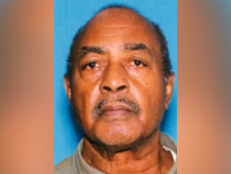How A Michigan Community Is Working to Reduce Negative Police Stops
The goal is to prevent a traffic stop “fishing expedition” and racial profiling, Washtenaw County Sheriff Jerry Clayton says.
![Pull Over Prevention car repair clinic [via Southeast MI Pull Over Prevention Facebook page]](http://investigationdiscovery.sndimg.com/content/dam/images/investigationdiscovery/crimefeed/legacy/2021/04/pull-over-prevention-041521.png.rend.hgtvcom.616.462.suffix/1618516346442.png)
Pull Over Prevention car repair clinic [via Southeast MI Pull Over Prevention Facebook page]
A Michigan group is using vehicle maintenance as a way to help minimize negative and unnecessary police interactions and positively empower the community.
From replacing burnt-out headlights to making sure turn signals work properly, volunteers with Pull Over Prevention clinics are offering simple but potentially cost-prohibitive car repairs for free and eliminating automotive issues that might give law enforcement a reason to pull people over.
“It’s bad when a police officer is just randomly stopping people, randomly asking for consent on a fishing expedition, and we know that a lot of times, that happens in areas that are socially and economically challenged, that also happen to be in areas of Black and Brown, and it leads to racial profiling,” Washtenaw County Sheriff Jerry Clayton said, according to Detroit’s WXYZ-TV.
The Pull Over Prevention clinics have garnered support in Southeast Michigan from both those who provide and those who utilize the service.
“We launched the first one, it was really successful, there was a clear need for it,” POP volunteer Jonah Hahn said. “We launched the next one, even more people came in. So that was just an indication, okay, this is something we're doing. This is something we're doing right. It's clearly a need in this area.”
Pull Over Prevention is always evolving and has become about more than just car repairs. The group also provides information on health and food pantry resources and works with the Washtenaw County Health Department to distribute COVID safety supplies, including cleaning products and masks.
“The hope is to get a lot of different organizations involved, because there are many ways that these issues intersect, whether it's housing, injustice, individuals experiencing homelessness, racialized police stops,” Hahn noted. “A lot of the fundamental issues at play here are affecting similar kinds of people, and their root causes tend to stem from the same places.”
“So, the hope is that we continue growing organically, incorporating more groups, more voices, and so that the nature of the event can also change,” he added.
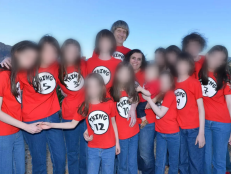

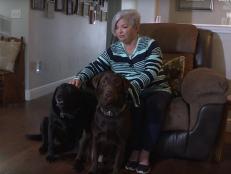

![Donte Franklin (left) and Michael Lynn (right) [via GoFundMe]](http://investigationdiscovery.sndimg.com/content/dam/images/investigationdiscovery/crimefeed/legacy/2021/06/donte-franklin-michael-ly-062221nn.png.rend.hgtvcom.231.174.suffix/1624390777040.png)
![Amaria Hall [via Trenton Police Department, Michigan]](http://investigationdiscovery.sndimg.com/content/dam/images/investigationdiscovery/crimefeed/legacy/2021/08/amaria-hall-ipwjw-08-04-21.png.rend.hgtvcom.231.174.suffix/1628097278978.png)
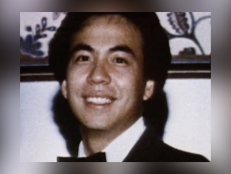
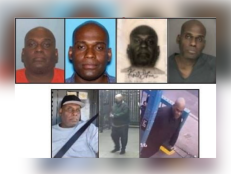
![Jennifer Rothwell [main] was six weeks pregnant when she was murdered by her husband, Beau Rothwell [inset], in November 2019.](http://investigationdiscovery.sndimg.com/content/dam/images/investigationdiscovery/crimefeed/legacy/2022/07/jennifer-rothwell-facebook-st-louis-police-department-jennifer-beau-rothwell-07152022.png.rend.hgtvcom.231.174.suffix/1657898017070.png)
